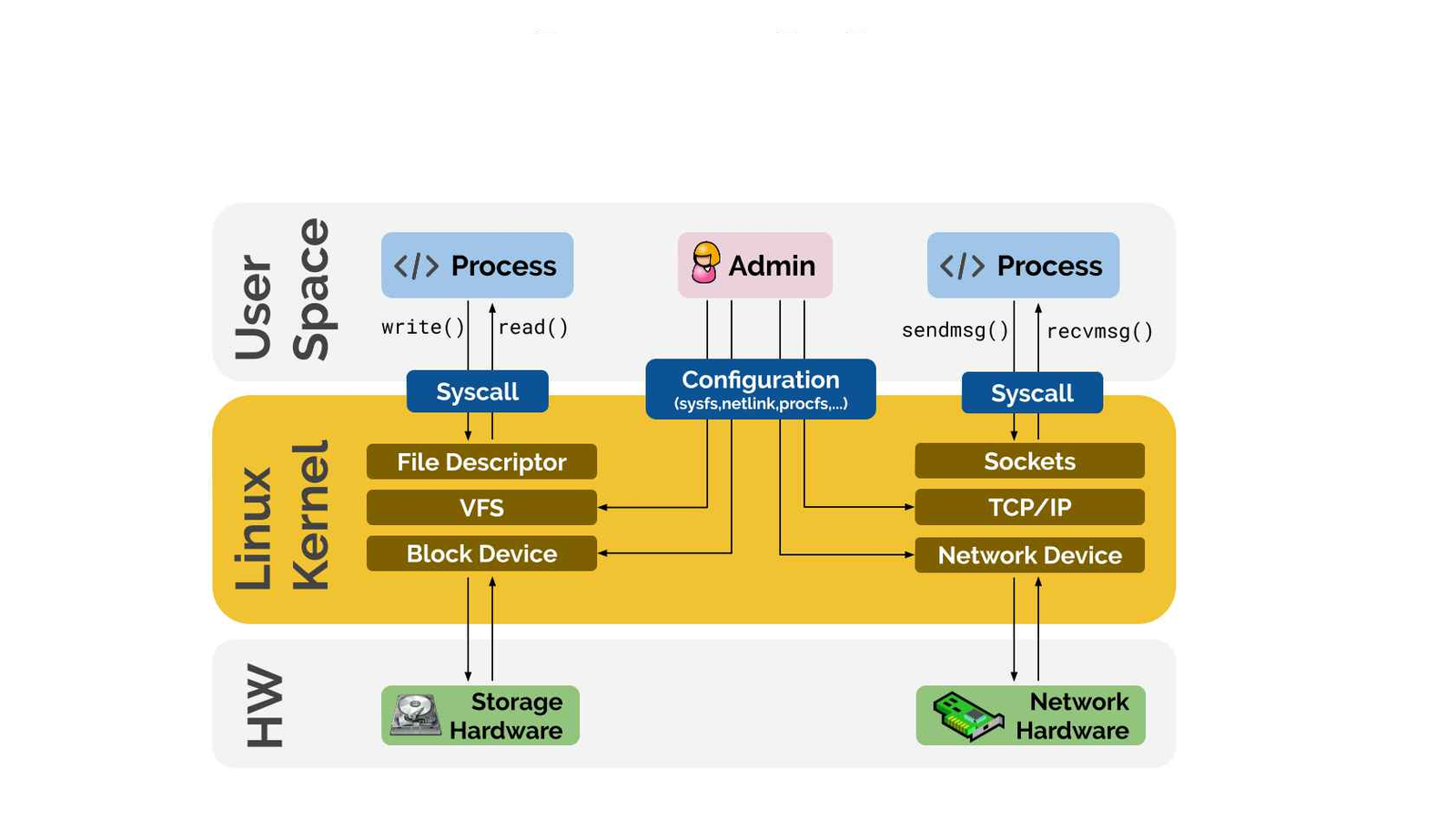
As a heavyweight supporter, Google has now placed itself behind a project that aims to modernize the Linux kernel and make it more secure through a paradigm shift. That would have an impact on billions of smartphones and the entire Internet.
The goal is to completely rewrite some parts of the Linux kernel – using the Rust programming language. For the Linux community, this would certainly be a major technological and cultural change. After all, Linux has been written in C since its inception in the early 1990s, the powerful but also very old language that has existed since 1972.
Read More: Linux Releases Kernel 5.10-rc6 And Its Stabilized
Rust, on the other hand, is based on a whole series of programming concepts that were only developed much later by computer science. Another advantage of the language is that it was developed from the ground up to produce complex and large projects such as an operating system kernel. For this purpose, mechanisms are integrated that allow the most common security problems at the deep system level, such as buffer overflows and errors in memory access, to fizzle out.
Google has now signed Miguel Ojeda and assigned him to write Rust code for the Linux kernel. Among other things, the developer made a significant contribution to the software used to operate the Large Hadron Collider (LHC) particle accelerator. Ojeda has also developed important security concepts in Rusts itself.
An increase in security at the level of the Linux kernel is more than appropriate in view of the importance of the software. After all, most of the really important computers around the world – especially the vast majority of the many systems that make up the Internet – run Linux. Most of the end devices that users use on a daily basis also work on this basis, especially the numerous smartphones with Google’s Android operating system.
Digital marketing enthusiast and industry professional in Digital technologies, Technology News, Mobile phones, software, gadgets with vast experience in the tech industry, I have a keen interest in technology, News breaking.